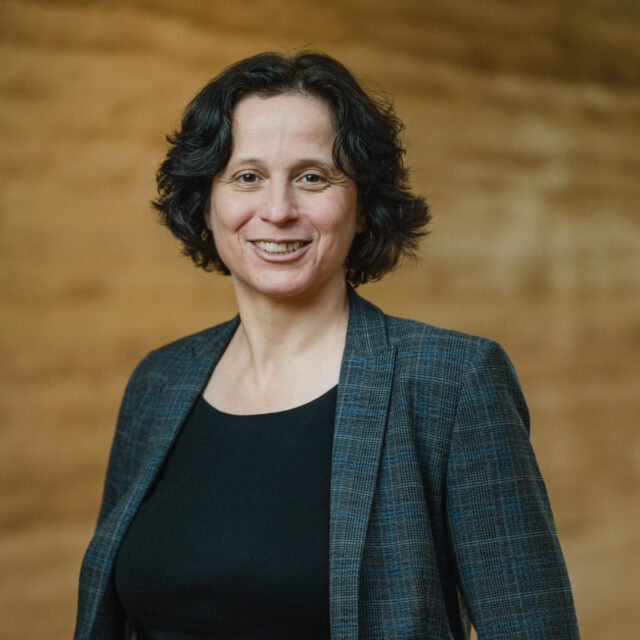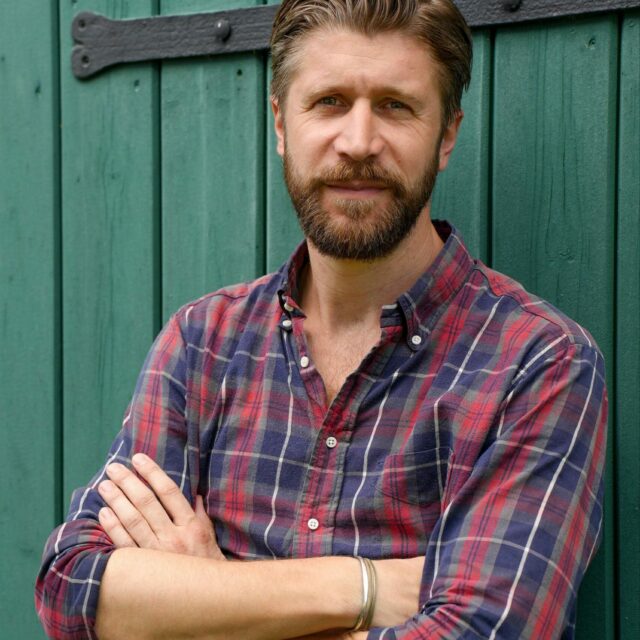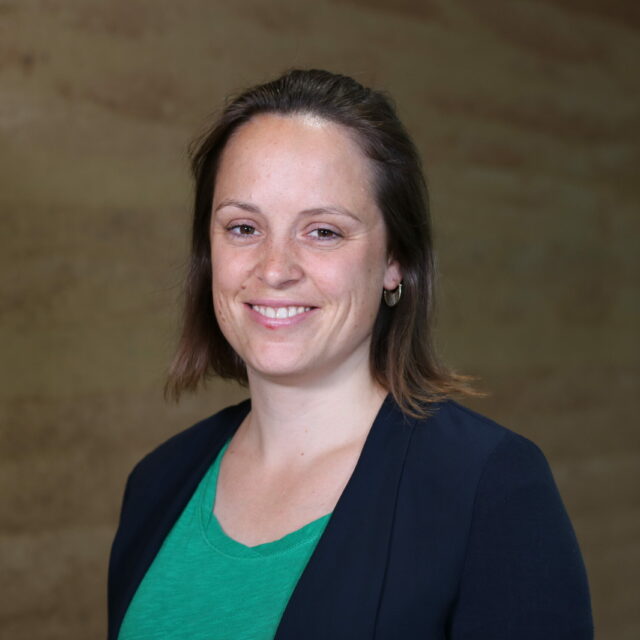Retrospective
The GFFA panel session “Unlocking Systemic Innovations for a Sustainable Bioeconomy” on January 17, 2025, highlighted the need for a sustainable and circular bioeconomy to address global agri-food crises. Organized by the Leibniz Institute for Agricultural Engineering and Bioeconomy (ATB) and the Leibniz Centre for Tropical Marine Research (ZMT) within the realm of the Leibniz Lab Systemic Sustainability, the session emphasized the importance of innovations and the challenges in their implementation.
In her keynote, Barbara Sturm (ATB) underscored the necessity of changing our agri-food system and that we need technological developments, such as those at the ATB, to drive systemic changes. She pointed out that the bioeconomy is not automatically sustainable and circular, and innovations need to be site-specific. Benedikt Bösel (Gut&Bösel, Finck Foundation) discussed regenerative agriculture and the integration of social aspects, emphasizing the importance of agroforestry and composting. Olaide Aderibigbe (Nigeria’s National Horticultural Research Institute) presented three key innovations: decentralized food systems, circular economy, and digital agriculture. She highlighted the role of the Inclusive Innovation Platform, which can scale sustainable agricultural innovations through cross-sector collaboration and resource access.
The panel discussed what makes innovations fail and succeed. Raimund Bleischwitz (ZMT) discussed novel foods and the blue bioeconomy, while Fabian Blöchl (Farmers’ Association Brandenburg) shared best practices such as innovations in tilling systems and the need to show these on field days to facilitate adoption. Susanne Bodach (International Water Management Institute) stressed the need for local adaptations and the importance of circular bioeconomy hubs, gender equality, and social inclusion. Marnix Doorn (IAK Agrar Consulting) questioned the role of public policy in fostering innovations and called for more economy and economists in the bioeconomy. He noted that significant funds are allocated to feasibility studies, but too little goes into the adoption and application of innovations.
The discussion with the audience highlighted the need to integrate all stakeholder living labs (society, private sector, research etc.) and transformation processes. It further questioned power structures and emphasized the importance of ensuring that research funding, post-colonial influences etc. do not exert power over people. Overall, the session provided valuable insights into promoting systemic sustainability through innovations in the green and blue bioeconomy.
Panelists
Keynote Speakers

Barbara Sturm
Scientific Director
Leibniz Institute for Agricultural Engineering and Bioeconomy (ATB)

Benedikt Bösel
Managing owner and founder
Gut & Boesel and Finck Foundation
Moderators & Panelists

Sophia Lüttringhaus
Project Coordinator
Leibniz Institute for Agricultural Engineering and Bioeconomy (ATB)

Benedikt Bösel
Managing owner and founder
Gut & Boesel and Finck Foundation

Marnix Doorn
Team Leader
IAK Agrar Consulting GmbH

Raimund Bleischwitz
Scientific Director
Leibniz Centre for Tropical Marine Research (ZMT)

Olaide Aderibigbe
Director of Research
National Horticultural Research Institute (NIHORT)



